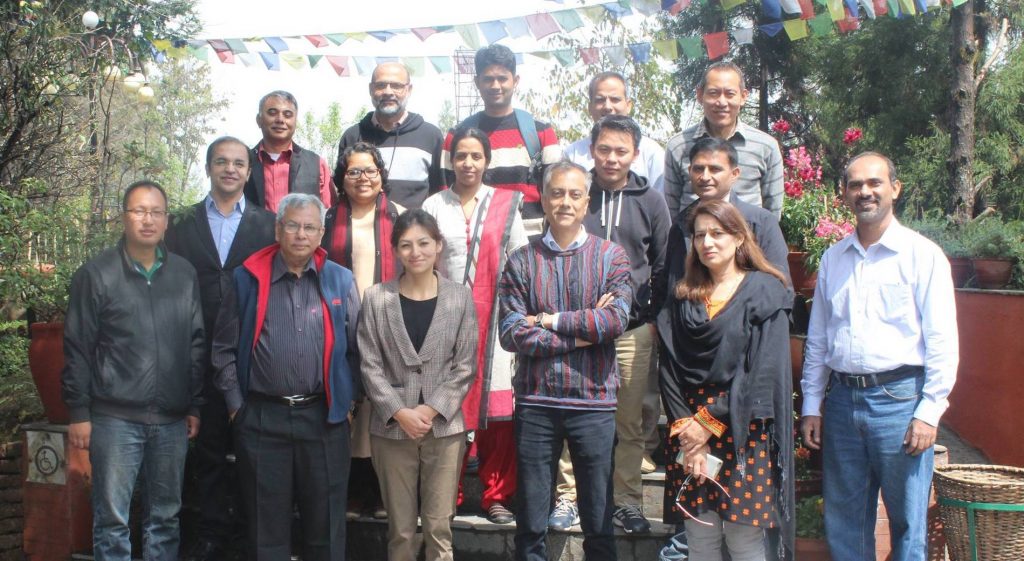Deadline: February 22, 2018
The South Asian Network for Development and Environmental Economics (SANDEE) invites applications for participantion in a three-week training course on Environmental and Natural Resource Economics from 30 April–18 May 2018. The main objective of the Summer School is to provide economists with the basic skills necessary to teach environmental and natural resource economics and to undertake research in this area.
The course is meant for practicing South Asian economists interested in upgrading their knowledge on the linkages between economic development, poverty, and the environment. The workshop also seeks to enable participants to develop research proposals for later submission to SANDEE.
The course will cover economic issues underlying sustainable development, externalities and market failure, policy instruments, non-market valuation, poverty-environment interactions, and natural resource use and pollution management. Participants will be exposed to theoretical issues and economic tools and methodologies for analyzing environmental problems in developing countries.
Funding
SANDEE will provide a scholarship of $3,500 per participant in terms of course materials, international travel, meals, and stay during the Summer School. All participants are responsible for their local travel, travel insurance, visa fee, and other personal expenses.
Eligibility
- Open to South Asians
- The ideal participant has a Masters/PhD in economics and a good understanding of microeconomics, calculus, and basic econometrics. Junior and mid-career faculty and researchers, especially women are encouraged to apply.
- Priority will be given to university teachers and researchers who have submitted a research proposal to SANDEE on issues related to environment and resource economics.
- Those who have already had training in environmental and resource economics through other programmes or universities or are likely to go overseas for higher education within the next year, are not eligible.
- They are also seeking nominations from colleagues who have been part of SANDEE activities.
Approximately 24 participants will be invited to the workshop.
Requirements
This is a residential teaching workshop. Therefore, participants are expected to read material before each day of lectures, and participate in individual and group assignments and discussions. Working days on occasion will extend from 9 am to 9 pm or beyond because of assignments. Participants are required to present an empirical paper and a research concept note during the course. Last year’s Summer School agenda is available here.
Application
Interested and eligible candidates from South Asian countries should write to the SANDEE secretariat with the following information (not exceeding five pages):
- one-page cover letter indicating how such a course will be useful in your teaching and research activities, the applicant’s exposure to basic mathematics (e.g., calculus, linear algebra) and computing skills (e.g., spread sheet, statistical software), and the name of the person nominating him/her (if any).
- A three page research concept note (a precursor of a research proposal) on issues related to environmental and resource economics. The concept note should include a discussion of the research problem and its policy relevance, a clear research question(s), a short literature review that discusses at least three key peer reviewed journal articles related to the proposed analytical framework, empirical methods (data requirement, collection, and analysis) and expected outcomes.
- A brief CV (no more than one page) indicating professional responsibilities/activities, (please include current job and institutional details), educational qualifications, (highest degree/institution), age, and two most important research publications, if any.
Please email your application to Neesha Pradhan at [email protected] by 22 February 2018.
For more information, visit SANDEE Summer School.

